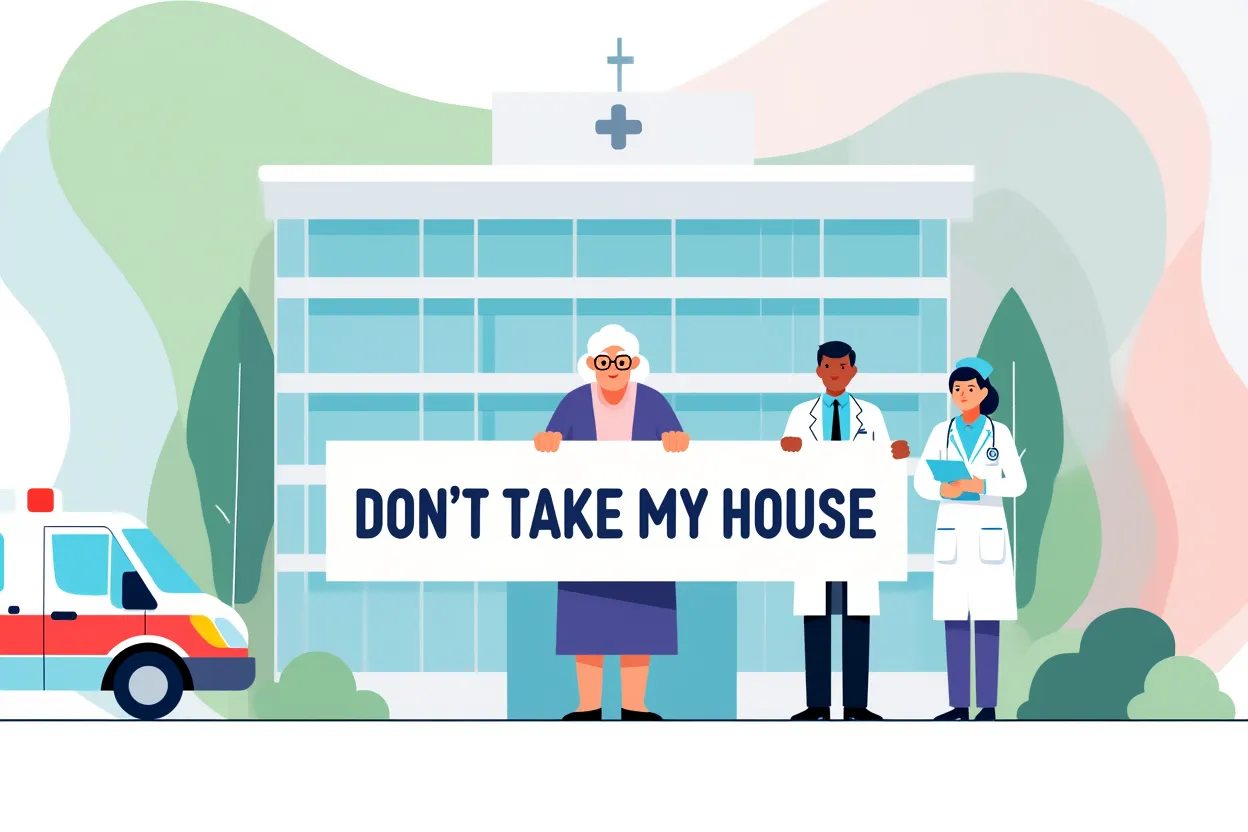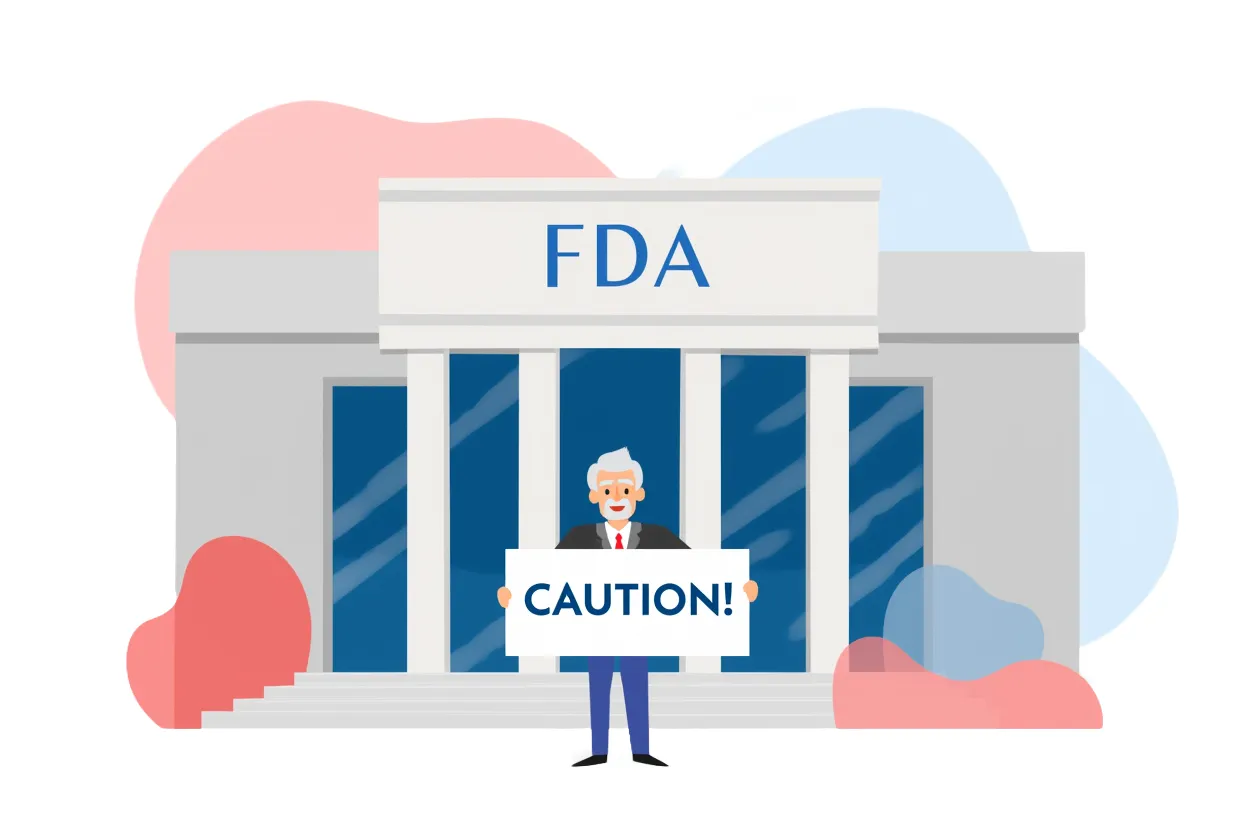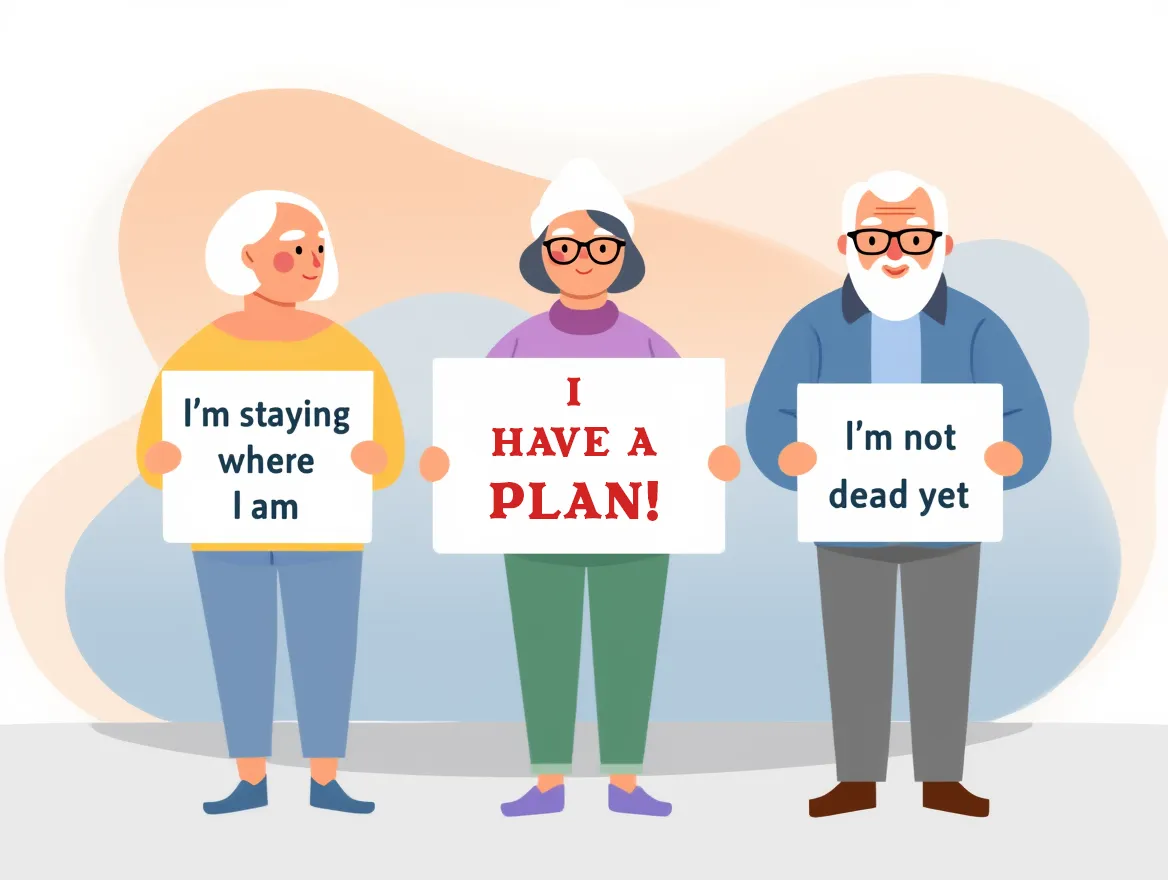The Takeaway
- Some allergy, sleep, anxiety, and bladder medications block a key brain chemical.
- Long-term use of these drugs may increase dementia risk by up to 50%.
- Seniors are especially vulnerable due to already declining brain chemicals.
- Safer alternatives are available — talk with your doctor before making changes.
- Medication check-ups with your pharmacist can uncover hidden risks.
Maybe not.
According to multiple large-scale studies, some everyday medications — both prescription and over-the-counter — could be quietly increasing your risk of memory loss and dementia, especially if you’re over 60.
The culprit? A class of drugs called anticholinergics, which block a neurotransmitter in your brain called acetylcholine — a chemical that’s vital for memory, focus, and overall brain function. And seniors, whose acetylcholine levels naturally decline with age, are more vulnerable to the side effects of these medications.
Let’s break down what you need to know.










